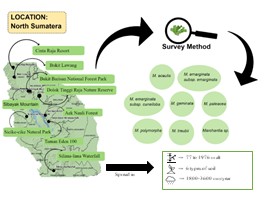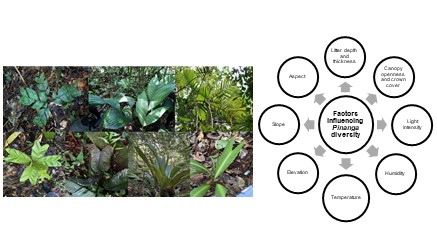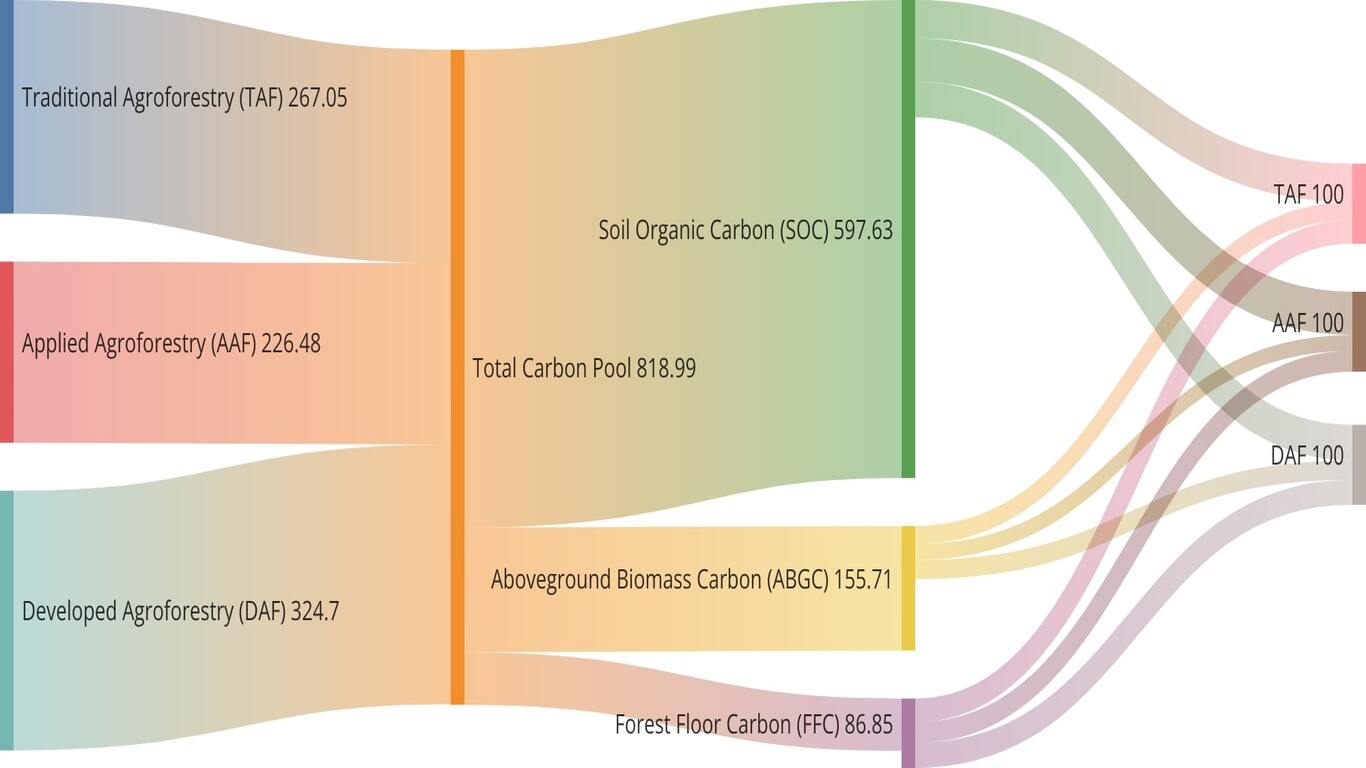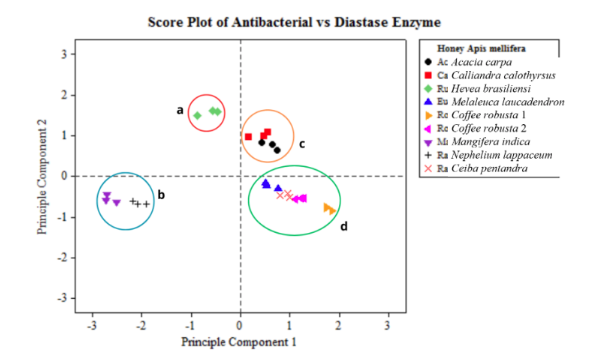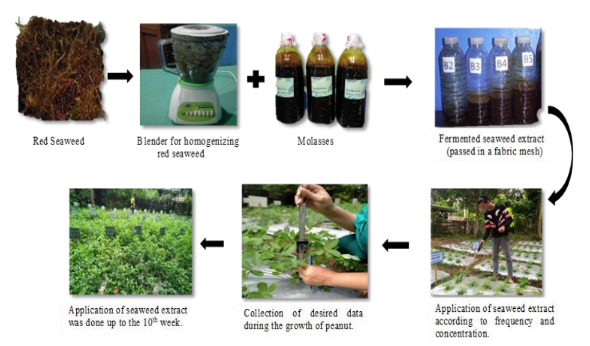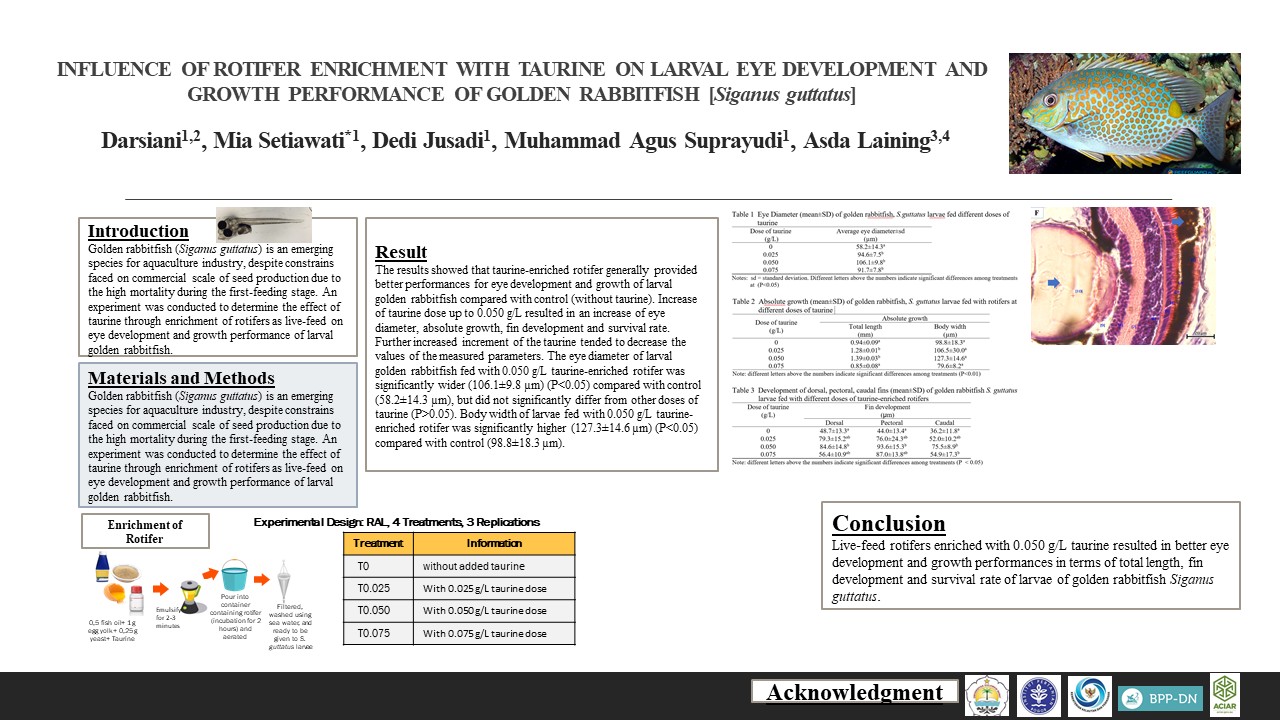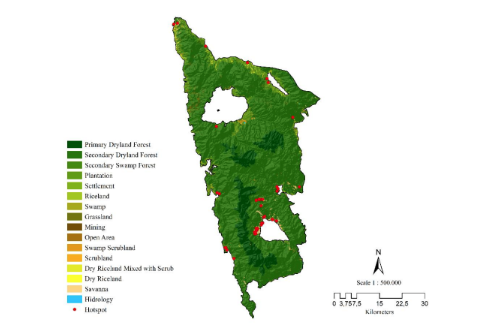RECOVERY OF RESIDUAL FOREST ECOSYSTEM AS AN IMPACT OF SELECTIVE LOGGING IN SOUTH PAPUA: AN ECOLOGICAL APPROACH
Downloads
Papua has been experiencing heavy logging activity in its forests for decades . However, only several studies focused on the effect of logging in the forest ecosystem. This research was aimed to analyze recovery processes of the forest ecosystem. The research was conducted in the logged tropical rainforest in South Papua using ecological approach which used tree communities as biotic and soil condition as abiotic indicators. Data were collected in the logging area of PT Tunas Timber Lestari located in the tropical rainforest of South Papua. There were five groups of forests used in this research i.e. unlogged, one year post selectively-logged, five years post selectively-logged, ten years post selectively-logged and fifteen years post selectively-logged forests. Thirty nested plots were laid on each forest group. Canonical Correspondence Analysis (CCA) was applied to analyze the understory and upperstory plant communities. Understory and upperstory plant communities formed different patterns due to logging. Plant communities in the ten and fifteen years post-selectively logged forests were not similar to those in the unlogged forest. Soil organic matter (SOM) content in the selectively logged forests was lower than that in the unlogged forest. These occurrences indicated that the selectively logged forests were still recovering and required more than fifteen years to be fully recovered.
Downloads
Authors who publish with this journal agree with the following terms:
- Authors retain copyright and grant the journal right of first publication, with the work 1 year after publication simultaneously licensed under a Creative Commons attribution-noncommerical-noderivates 4.0 International License that allows others to share, copy and redistribute the work in any medium or format, but only where the use is for non-commercial purposes and an acknowledgement of the work's authorship and initial publication in this journal is mentioned.
- Authors are able to enter into separate, additional contractual arrangements for the non-exclusive distribution of the journal's published version of the work (e.g., post it to an institutional repository or publish it in a book), with an acknowledgement of its initial publication in this journal.
- Authors are permitted and encouraged to post their work online (e.g., in institutional repositories or on their website) prior to and during the submission process, as it can lead to productive exchanges, as well as earlier and greater citation of published work (See The Effect of Open Access).









